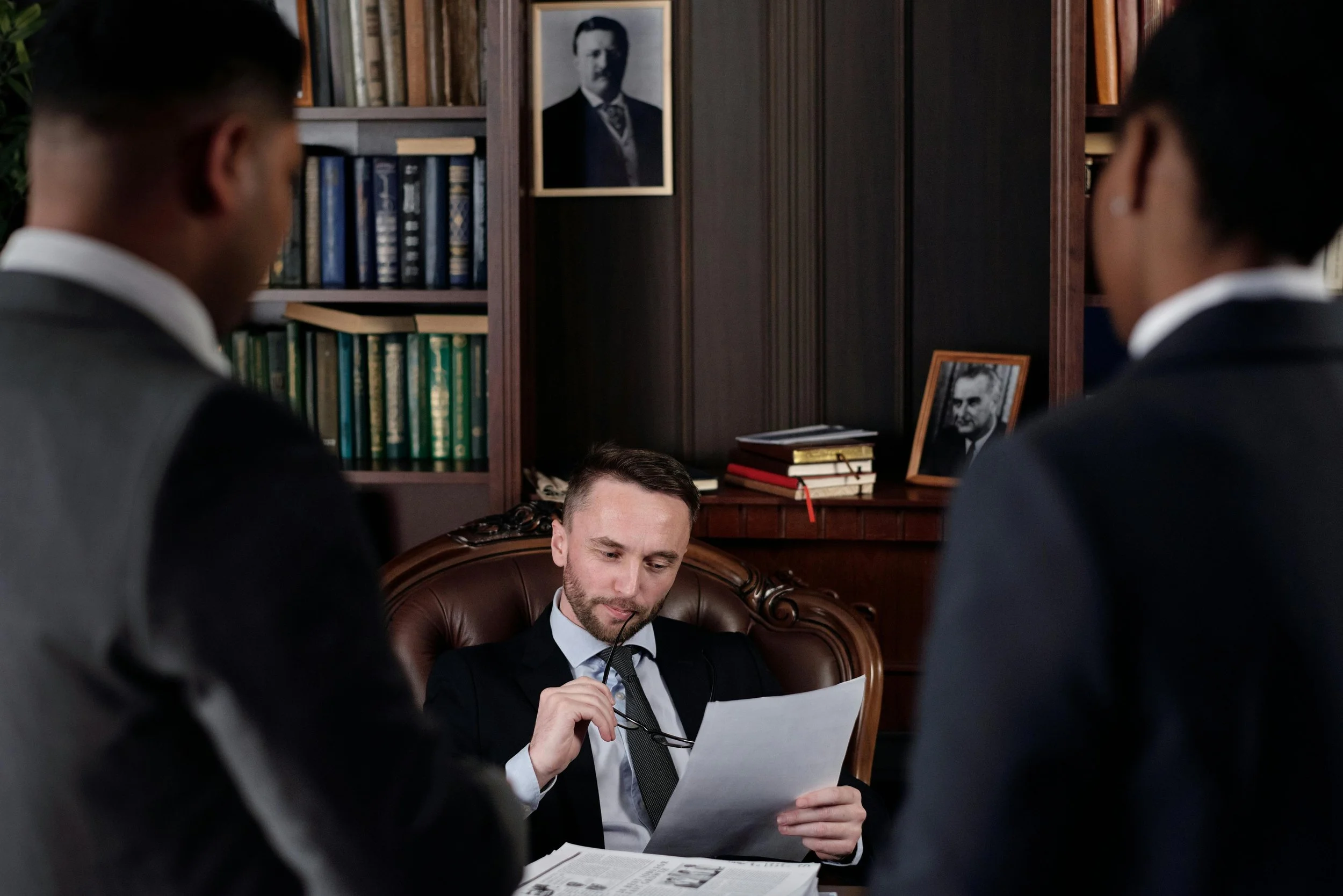Your Rights at a Domestic Violence Protection Order Hearing
Facing a domestic violence protection order (DVPO) hearing can feel overwhelming—especially if you’ve never been through the legal system before. Whether you're the person seeking protection or the person responding to the order, it’s important to understand what your rights are and how the hearing process works in Washington State.
Here’s what you need to know before stepping into the courtroom.
What Is a Domestic Violence Protection Order?
A domestic violence protection order is a civil court order intended to protect individuals from harm, threats, or harassment by someone they have a domestic relationship with—such as a spouse, dating partner, roommate, or family member.
These orders can:
Prohibit contact or communication
Require the respondent to vacate a shared home
Limit access to children or firearms
Remain in effect for a set period—or in some cases, indefinitely
If a judge issues a temporary order, a full hearing is typically scheduled within 14 days to determine whether a longer protection order should be granted.
Your Right to Be Heard
If you’ve been served with a protection order, you have the right to be notified of the hearing and to appear in court to defend yourself. This is your opportunity to present evidence, challenge the allegations, and explain your side of the story.
You also have the right to:
Receive a copy of the petition outlining the specific accusations
Be represented by an attorney (though one will not be appointed for you in civil court)
Present witnesses and submit evidence
Cross-examine the petitioner or their witnesses
Even though a DVPO is not a criminal charge, the consequences can be severe—including restrictions on where you can live, loss of firearm rights, and impact on child custody. That’s why it’s critical to approach the hearing with a solid understanding of your rights and, ideally, legal representation.
What Happens at the Hearing?
At the hearing, both sides will have a chance to present their case. The judge will consider testimony, written declarations, and other supporting documents such as text messages, emails, or police reports. After both parties are heard, the judge will decide whether to grant the protection order and under what terms.
Unlike a criminal trial, the burden of proof in a protection order hearing is “a preponderance of the evidence”—meaning the judge must only believe that it’s more likely than not that the alleged behavior occurred.
Know the Long-Term Impact
A protection order can follow you for years. It may show up in background checks, limit your parenting rights, or affect your ability to possess a firearm under both state and federal law (18 U.S. Code § 922).
In some cases, violating a protection order—even unintentionally—can lead to criminal charges, including arrest and jail time. That’s why understanding the terms of the order and defending against it when appropriate is so important.
How a Defense Attorney Can Help
An experienced attorney can help you respond to a DVPO with clarity and confidence. At Verity Criminal Defense, we understand the high stakes involved in these hearings. Whether you’re fighting to prevent an unfair order or navigating overlapping criminal charges, we’ll help protect your rights every step of the way.
Learn more about our domestic violence defense services and how we can assist you before and after your court hearing.

